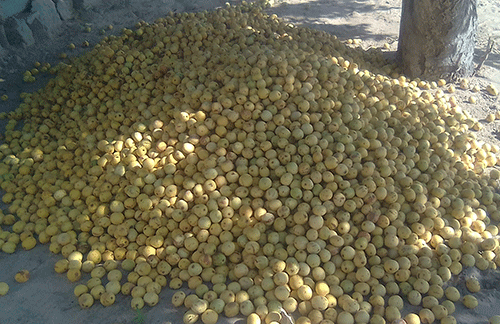Absalom Shigwedha
THE success of Namibia’s efforts to sustainably use, control, manage and safeguard its natural resources depends on the different legal instruments available in an interdisciplinary approach to develop a targeted environmental legislative framework.
Dr Kauna Betty-Schroeder, who is also the Principal Project Coordinator in the environment ministry said this is so because knowledge from other disciplines such as biology, chemistry, medical science, ecology, sociology, economy, economics, business are essential in the creation of environmental institutions and sound legislation.
She said at the moment access to Namibia’s biological diversity is governed by a number of Acts such as the Access and Biological and Genetic Resources and Associated Traditional Knowledge (Act No: 2 0f 2017), the Research, Science and Technology Act (No: 23 of 2024), the Forest Act (Act: No:12 of 2001 and its amendments) and the Nature Conservation Ordinance (No: 4 of 1975 and its amendments), among others.
Betty-Schroeder said this situation has puzzled the ministry (as the custodian of the ABS Act) as to whether their legal instruments that grant access to and use of Namibia’s biological resources are speaking to each other and whether the processes of issuing these permits, certificates, licences and authorizations is mutually reinforcing.
Therefore, she said, there is a need to consolidate and harmonise laws regulating access to and use of biological resources as this would enable Namibia to ensure the country and its people derive maximum benefits from the use of these resources.
“It will facilitate coordination, monitoring and legal enforcement of the provisions of the various Acts, without creating loopholes or confusing the applicants,” she said.
Betty-Schroeder made these remarks at a four-day meeting aimed at collaboration and integration of the ABS Act and its subsequent regulations when permits are issued by relevant line ministries and institutions related to genetic or biological resources and associated traditional knowledge, held in Windhoek recently.
The meeting was also aimed at enlightening participants on the duties and functions of the ABS Advisory Committee, increasing awareness of the ABS compliance, creating awareness of plant genetic resources and natural products that are related to the ABS process and to promote awareness on the ABS Act about bio-trade, bioprospecting and research (commercial and non-commercial).


